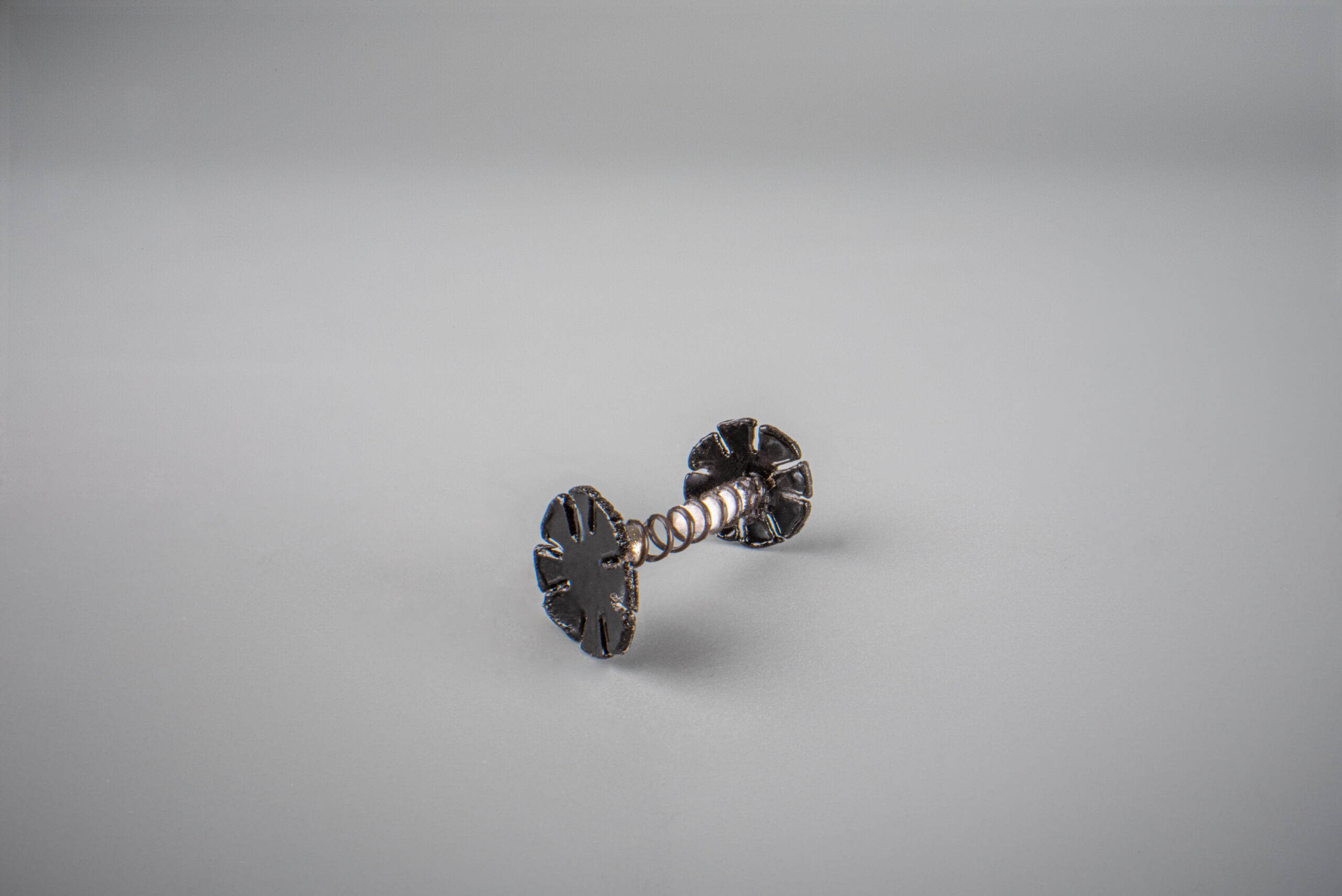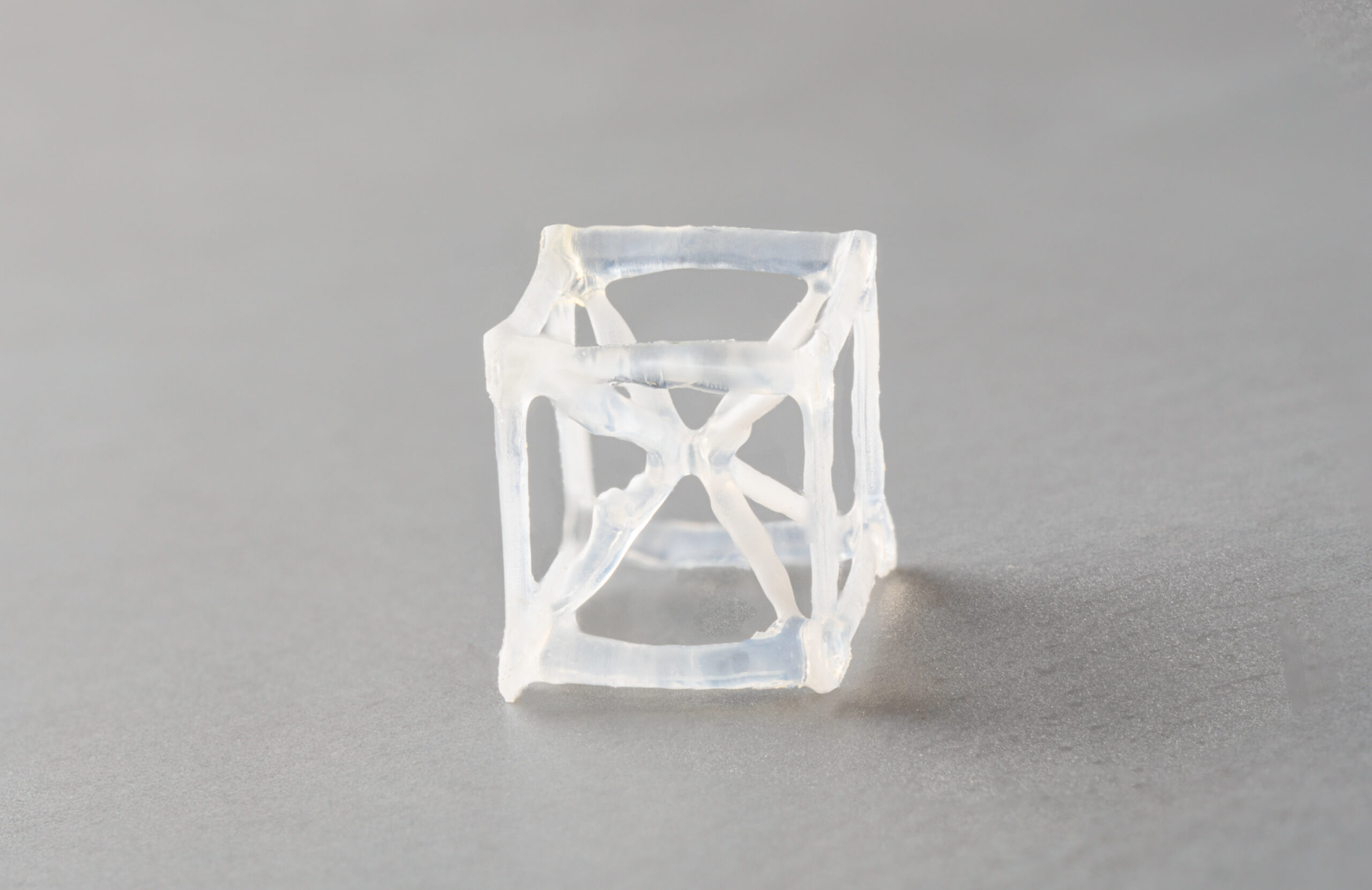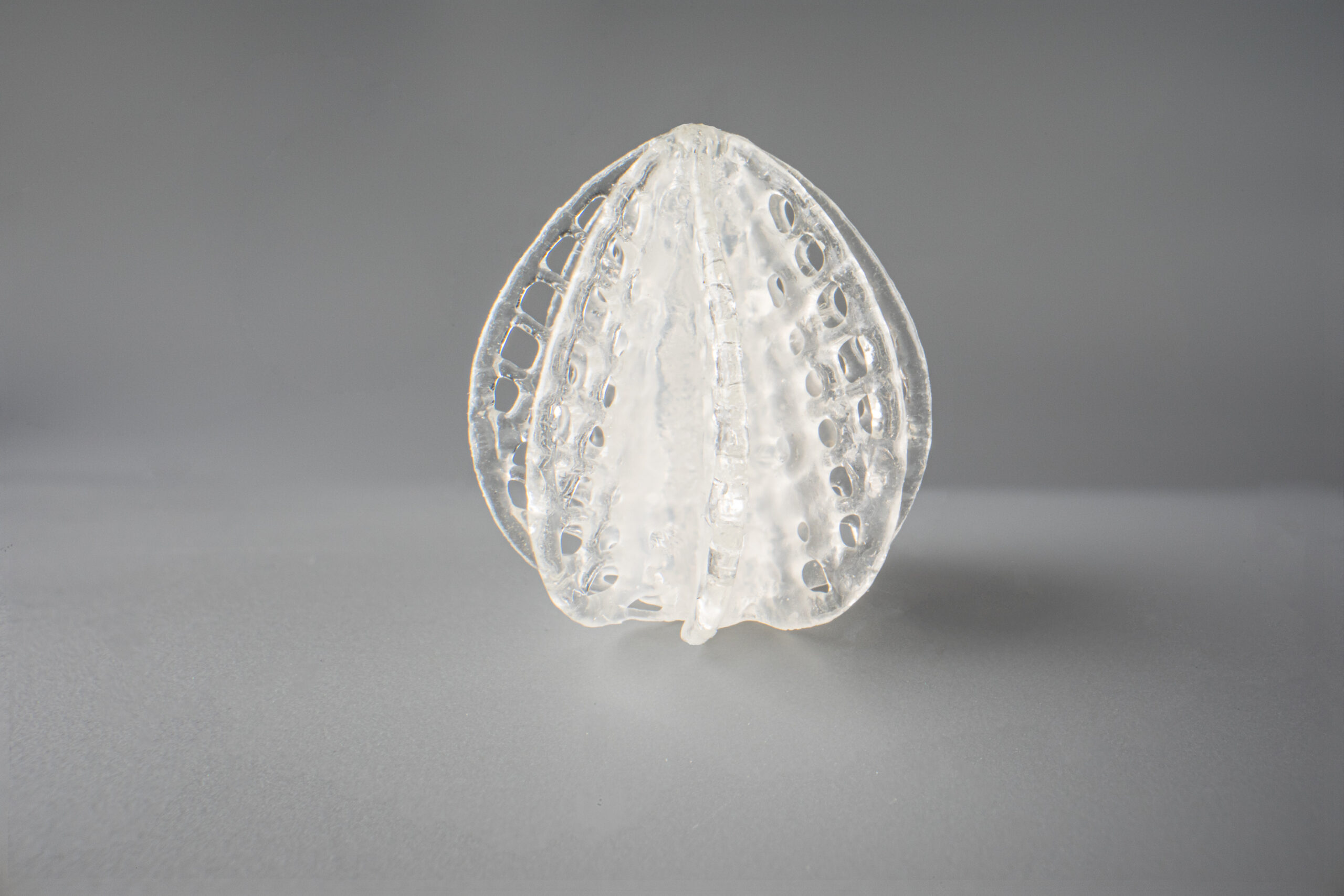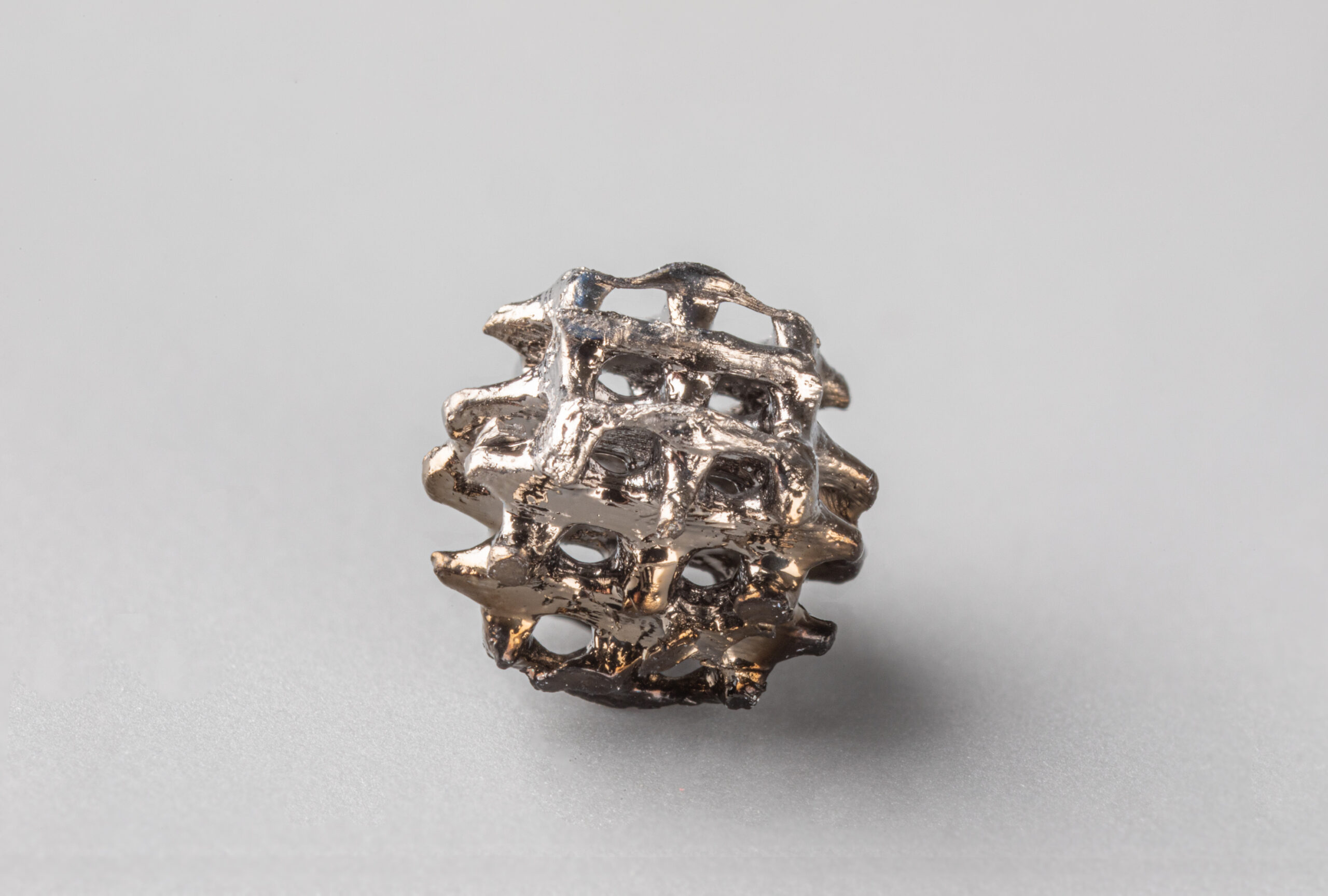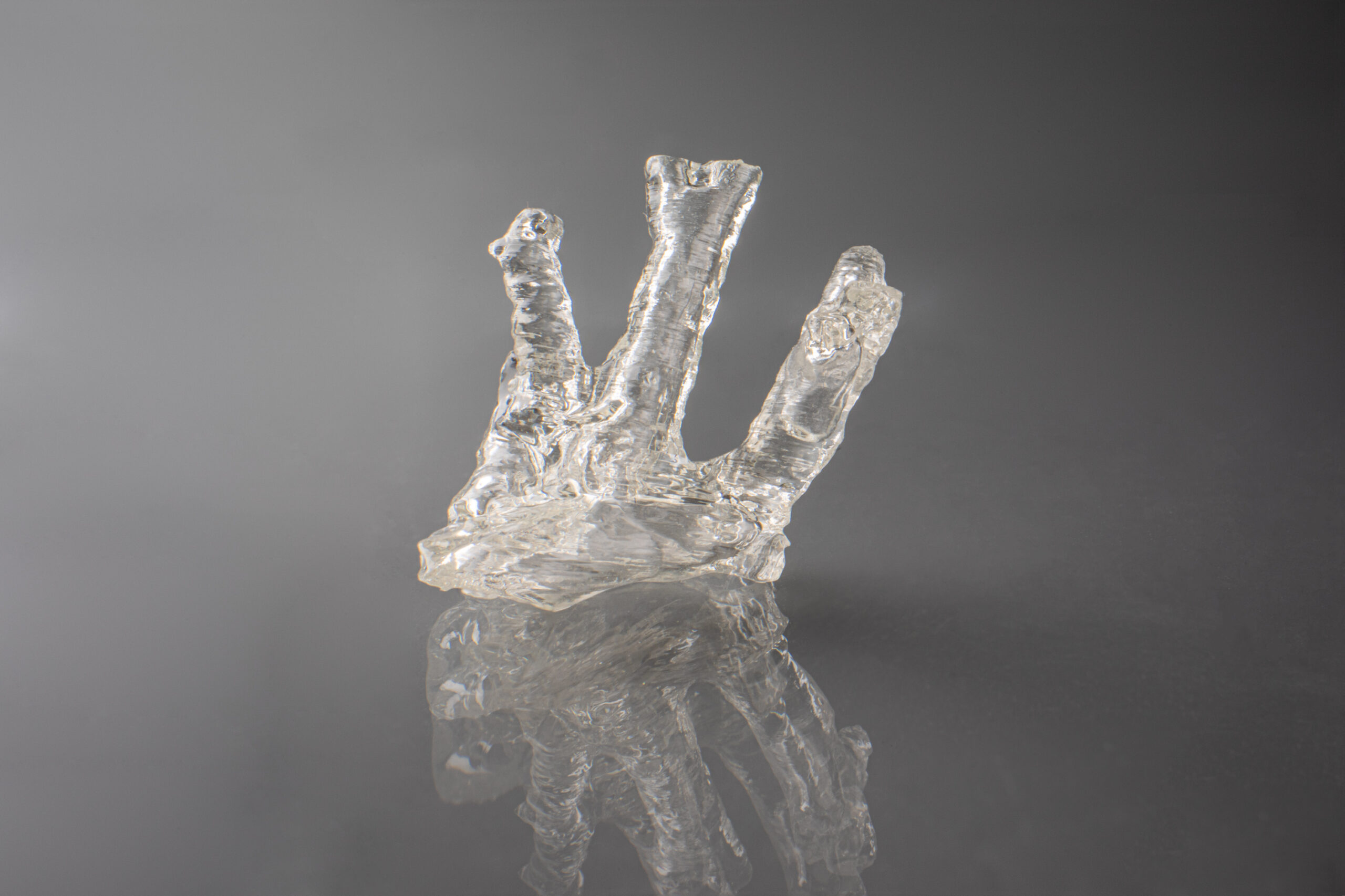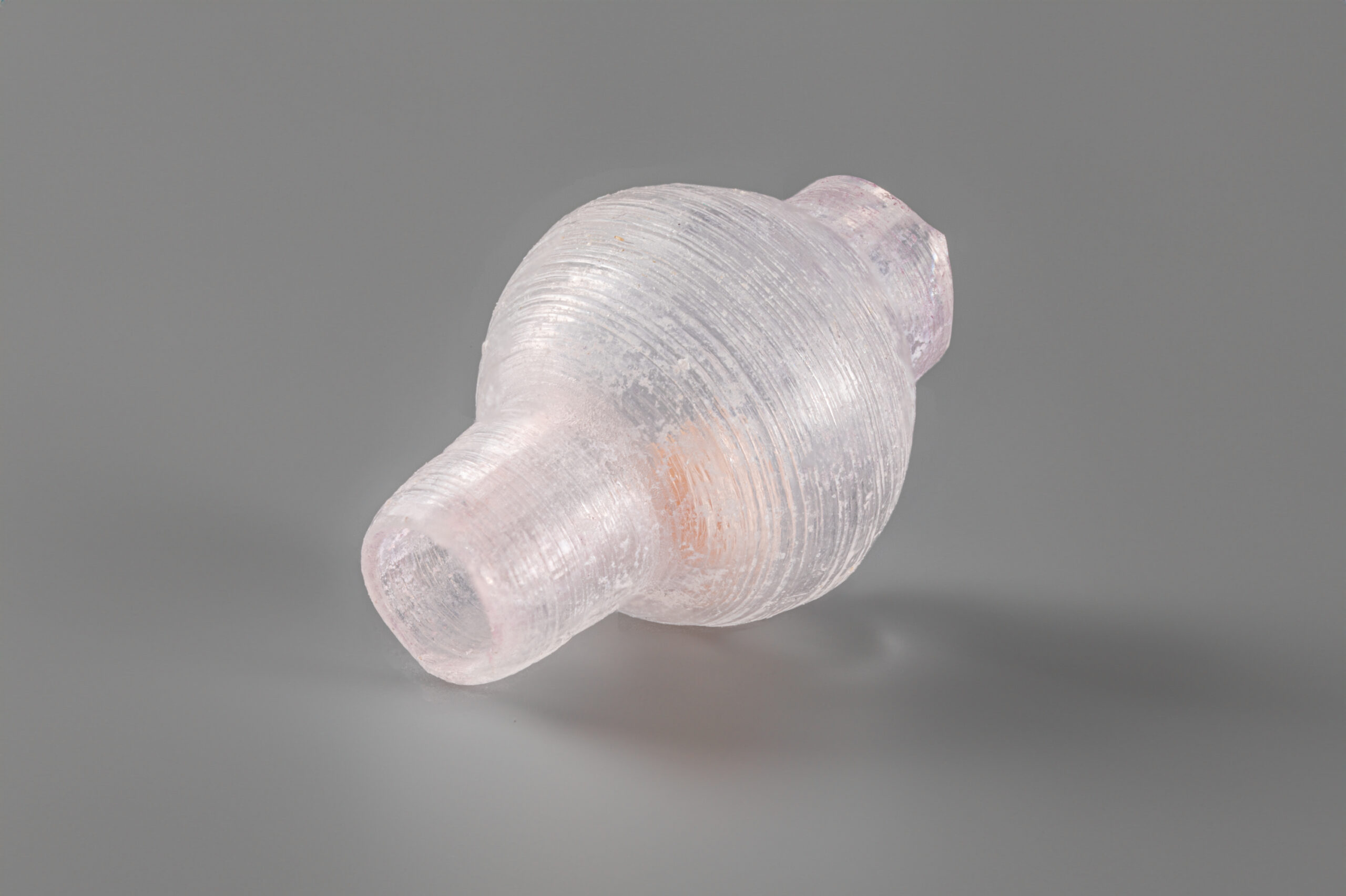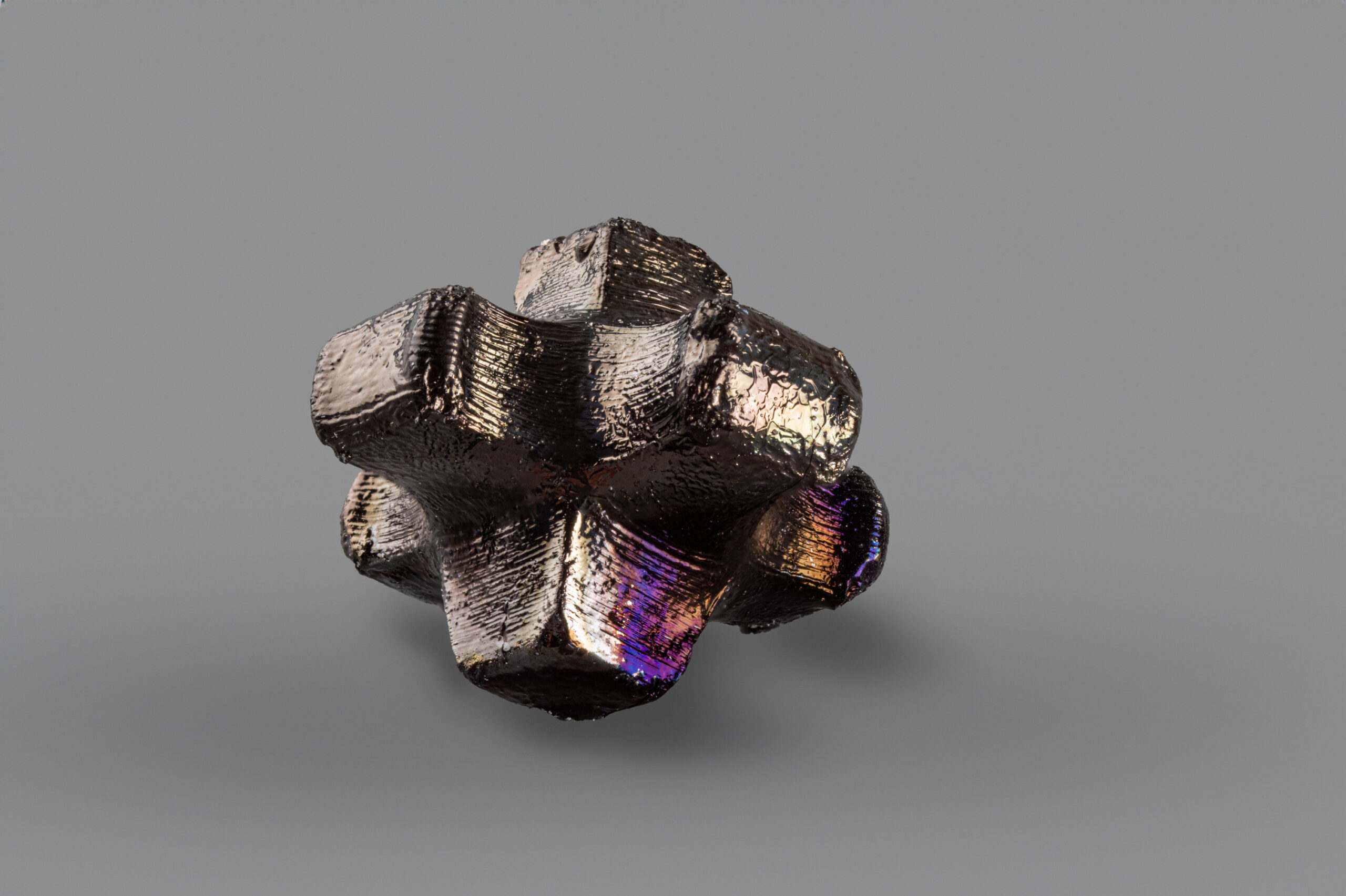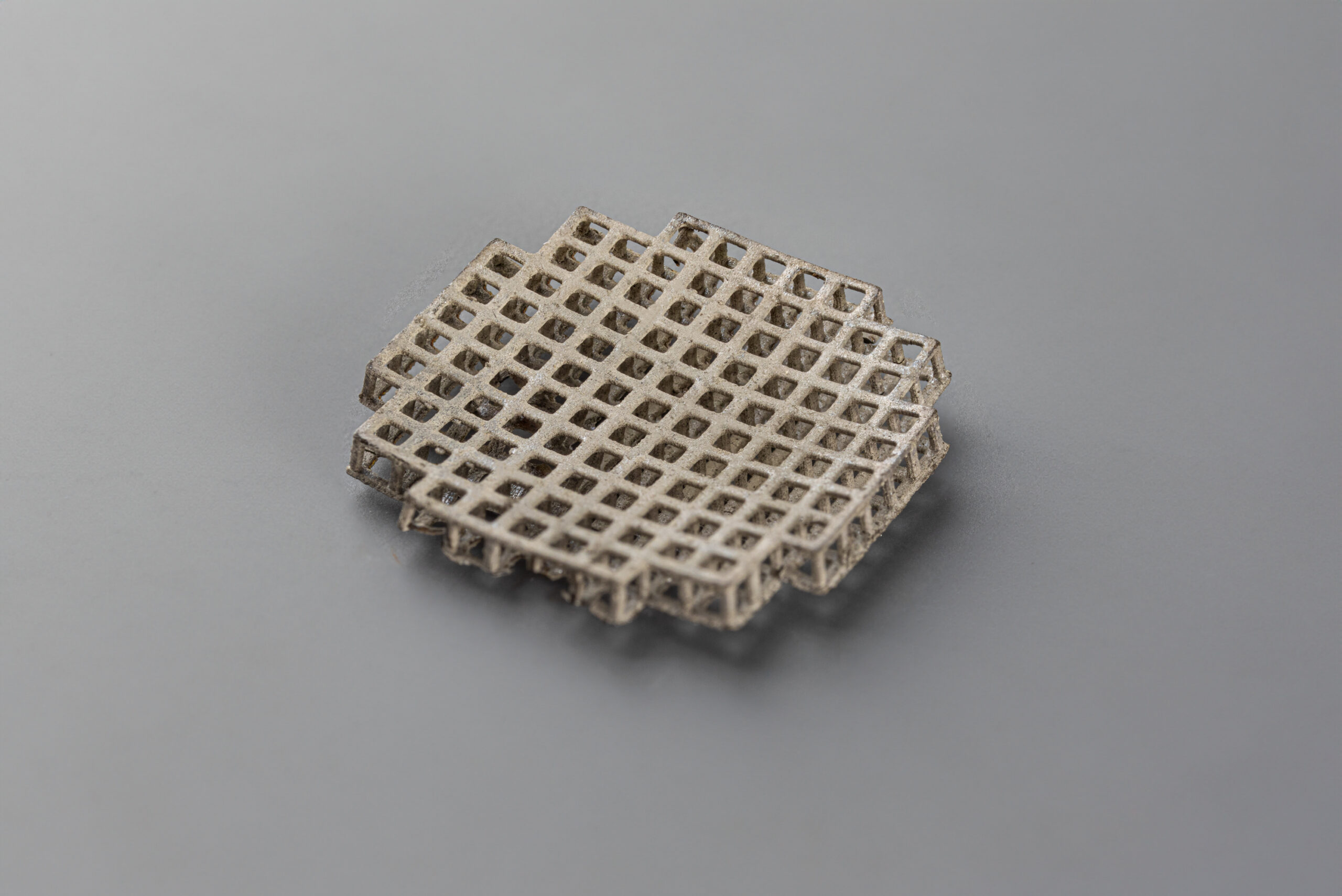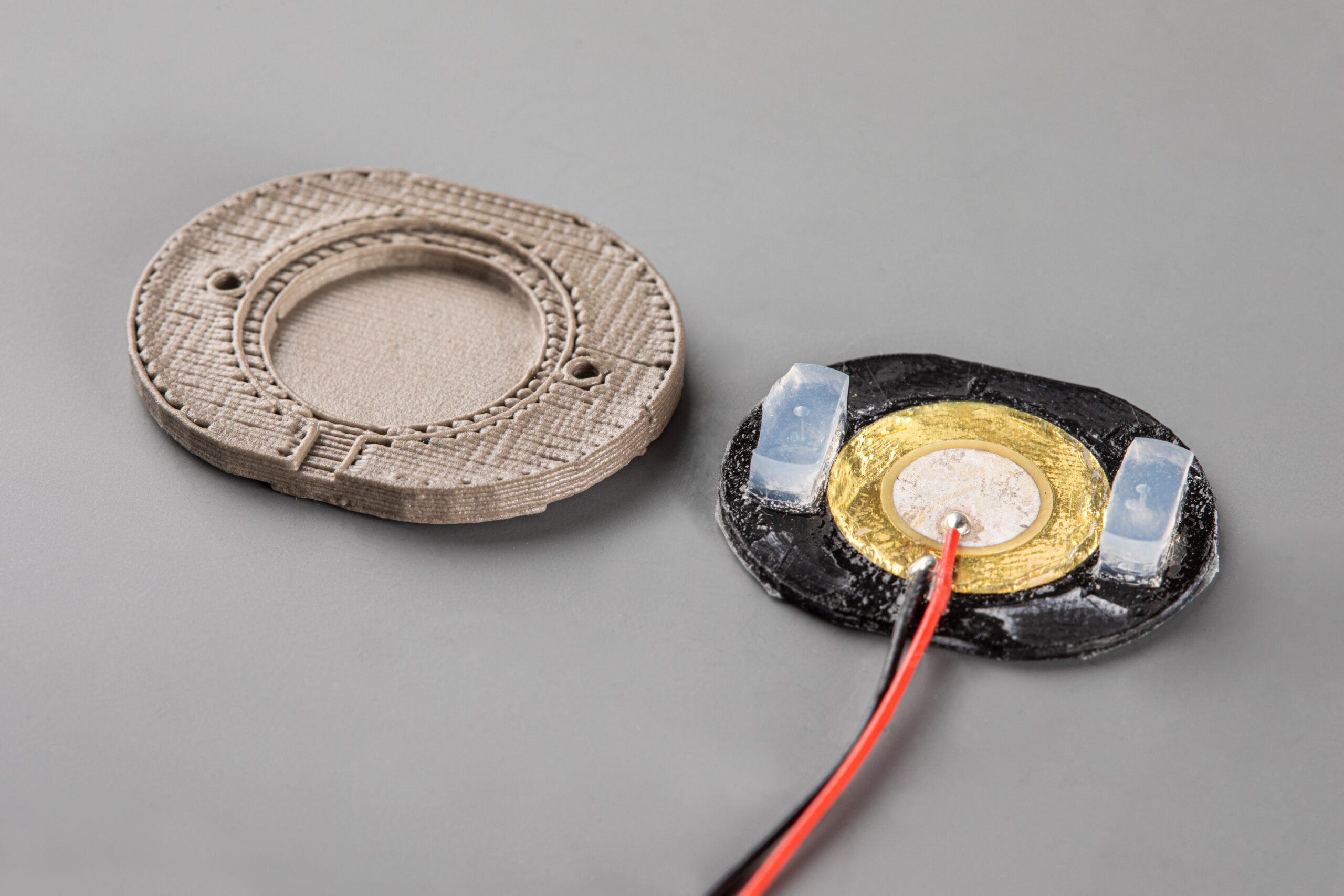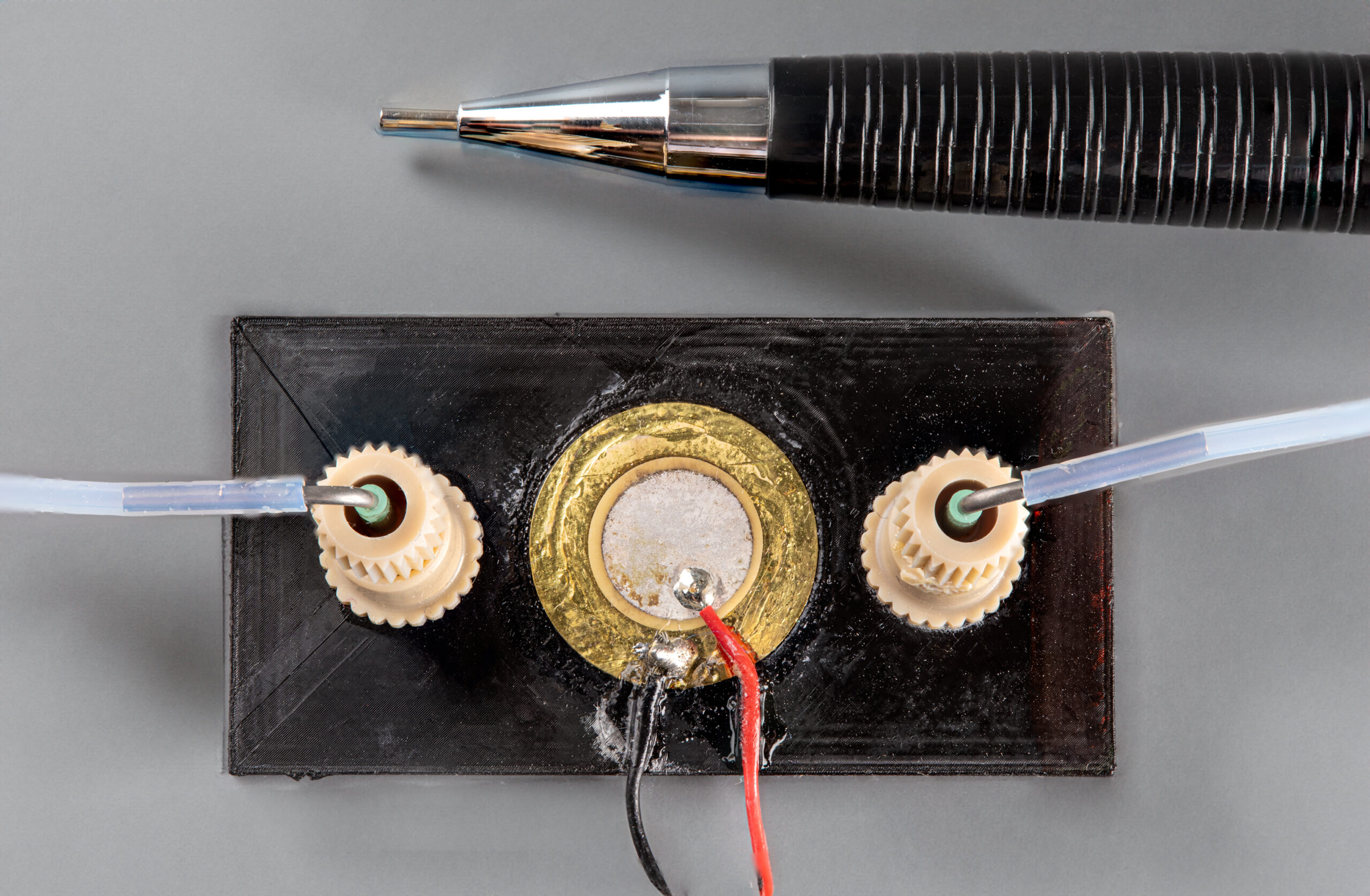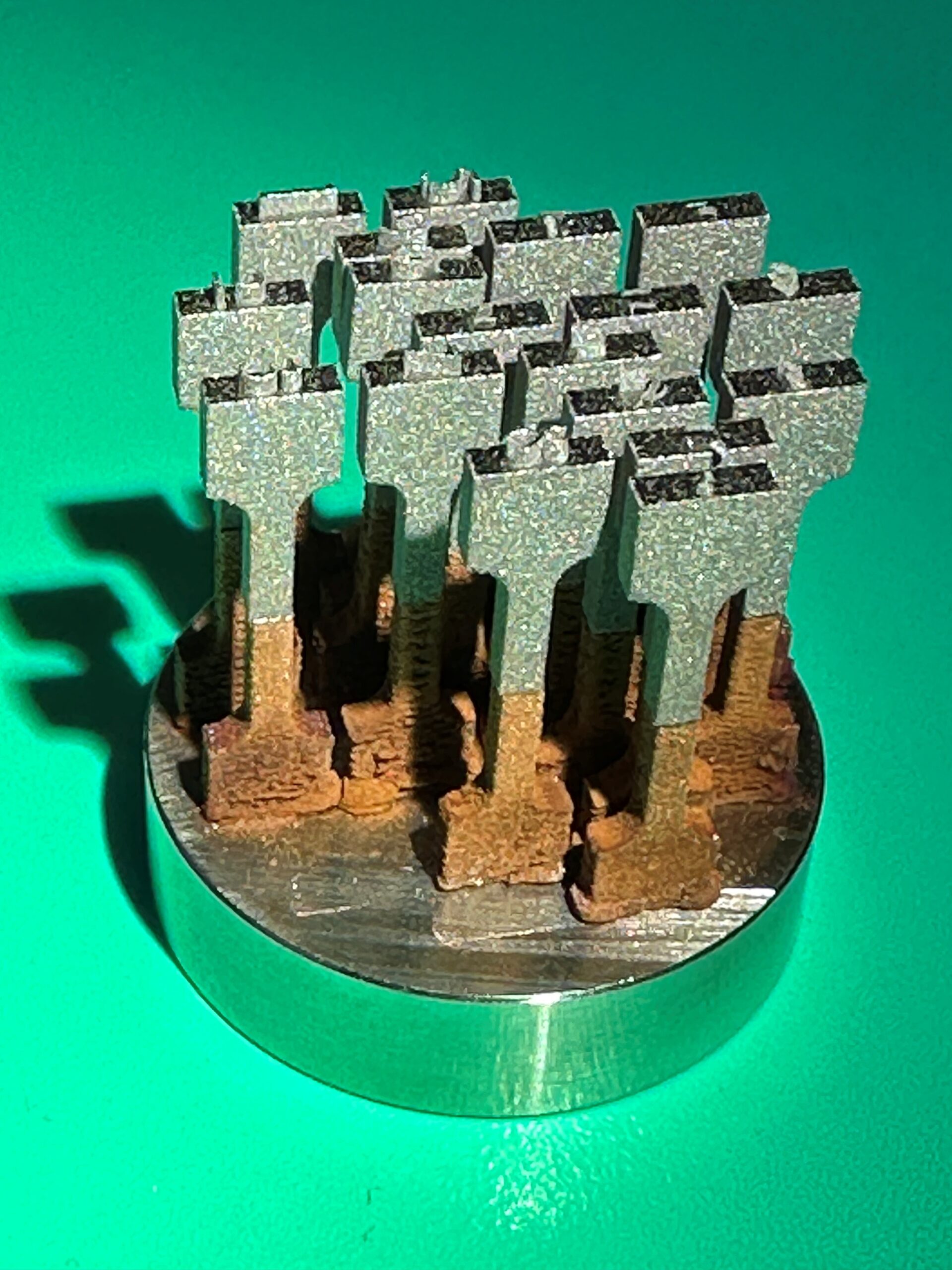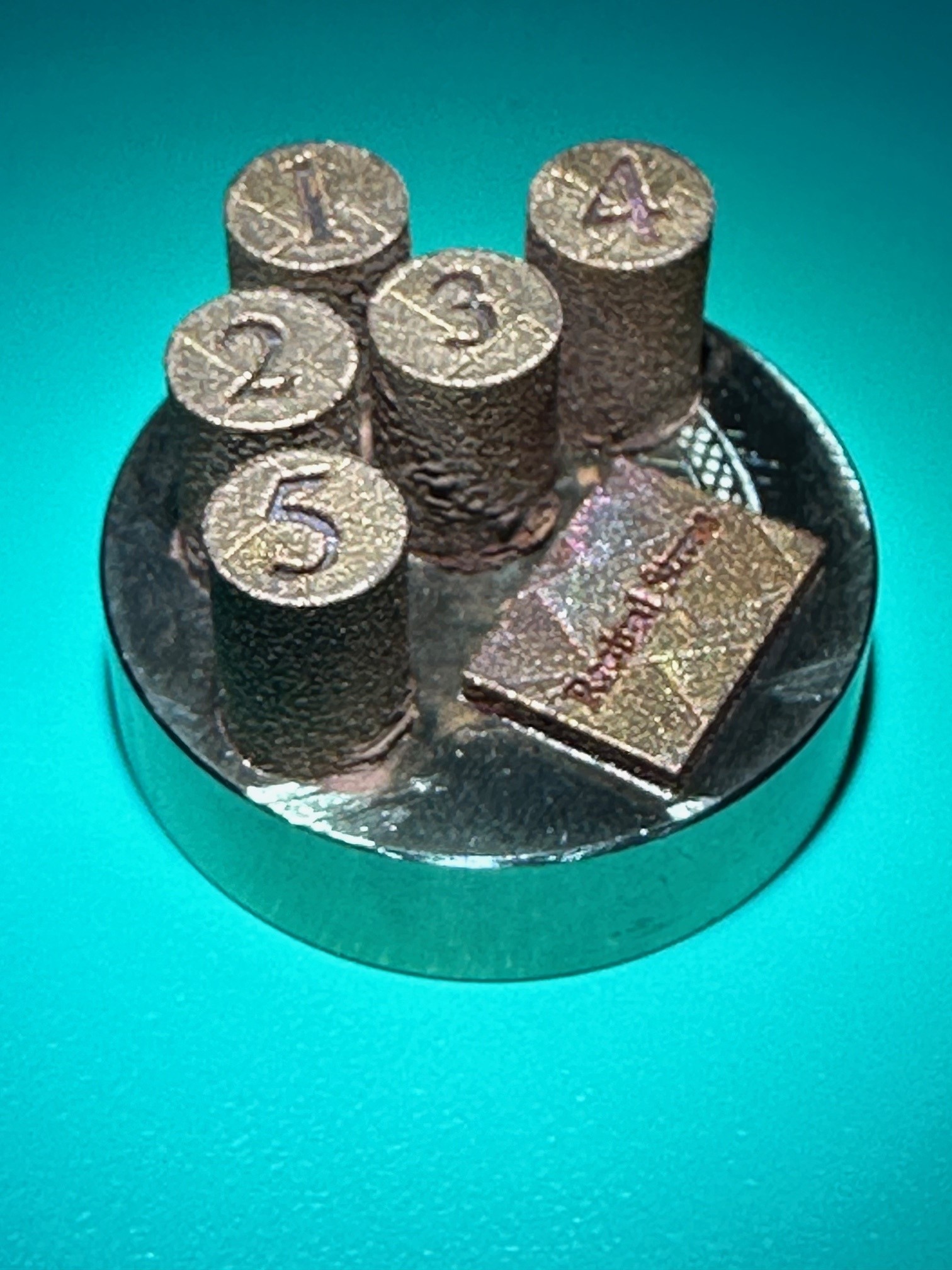Advanced Manufacturing and System Integration
Intrinsically multi-disciplinary, this domain deals with the science and technology of manufacturing parts and systems. Whether it is to remove, add or transform material, it investigates how various energy and materials intakes can be combined to achieve new shapes, new material properties or new embedded functions in complex parts or systems. It builds up on fundamental knowledge in materials science, photonics, control and system engineering.
This domain is one of the main topics of partnership with CSEM and supports the Micromanufacturing Science & Engineering Center (M2C). In term of industrial relevance, the topic is currently supported by two sponsored-chairs (Richemont and PX Chairs). Worldwide, there is a global research effort on this topic that has been identified as one of essential domain pertinent to global challenges in modern society, such as sustainable development, both from an environmental (climate crisis) and societal point of view (reindustrializing western economies).
Key research themes
- Micro-systems (MEMS) manufacturing (based on clean-room processes): as a specific class of manufacturing methods and processes, so-called clean-room based processes, popularized with the coming-up of the micro-electronics over the last four decades, are essential for highly integrated complex systems. Not limited to silicon only, new topics in this field includes multifunctional integration (with biological systems in particular), organ-on-a-chip, micro-/nano- scale systems, next generation solar cells and photonics integrated circuits (PICS).
- Additive/subtractive manufacturing: initiated more than 20 years ago, but popularized recently with the massive adoption of 3D prototyping means and the global trend in rethinking supply chains, the topic is exploring how 3D-parts can virtually be made out of any materials (metals, inorganic and organic materials). It includes understanding the material properties of 3D-made parts and investigating process for achieving high-resolution 3D miniaturized parts. It also includes subtractive processes based on 3D printing processes, that are somehow the negative version of additive ones.
- Sustainable manufacturing: in response to global environmental and societal challenges, the topic deals with investigating novel processes and fabrication methods to reduce our energy footprint, yet achieving complex functionalities.
- Transforming/functionalizing materials: advanced manufacturing is also about functionalizing materials, i.e. embedding properties in materials that were not there in first place and in a building-system perspective.
- Manufacturing at a system level: packaging, interfaces and system integration. This topic is widely acknowledged in industry as often the bottleneck in term of costs and performances of high-tech products. It remains in general poorly addressed by the academic world despite its strong industrial relevance. Yet, combining multiple materials and precision assembly of parts in efficient system integration are all issues that form multidisciplinary research topics.


